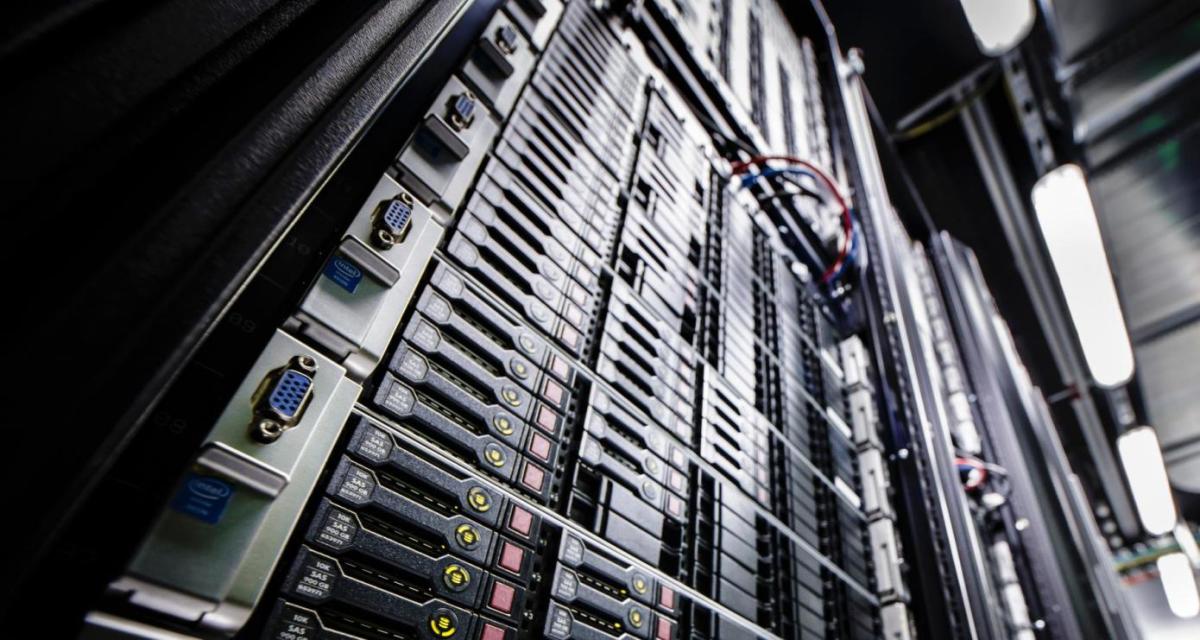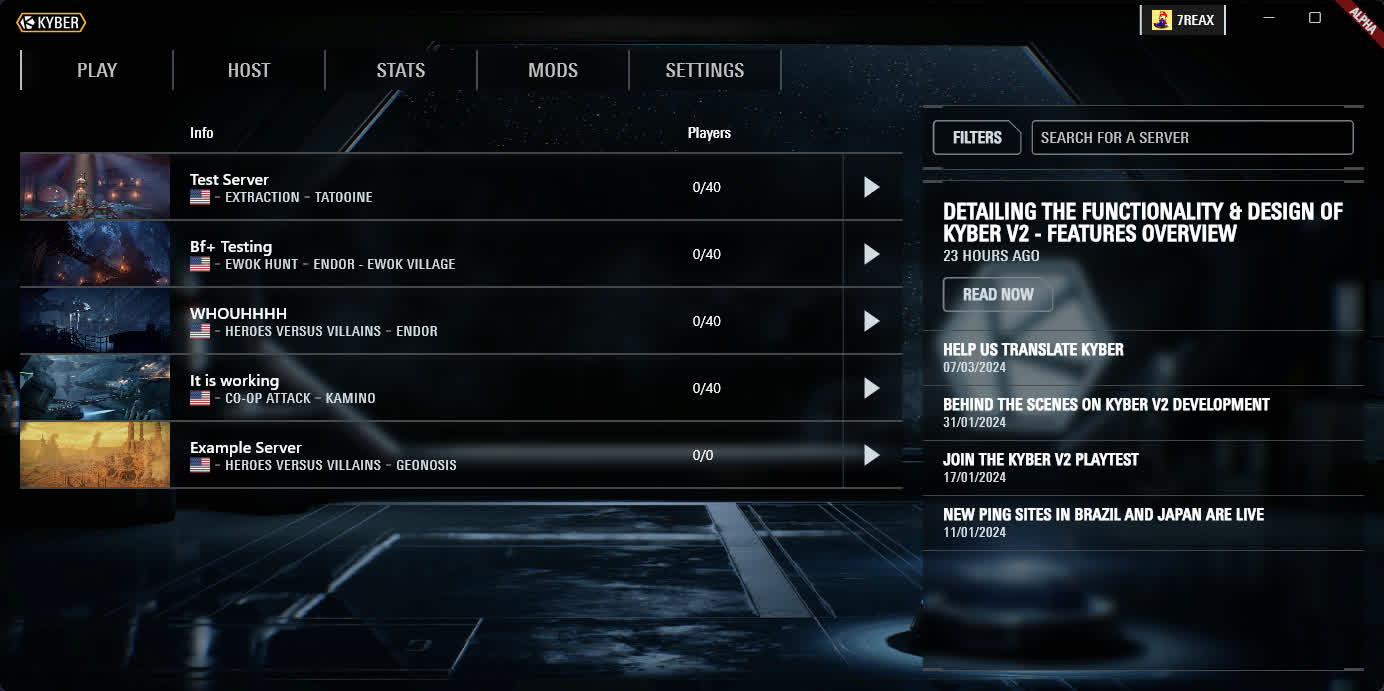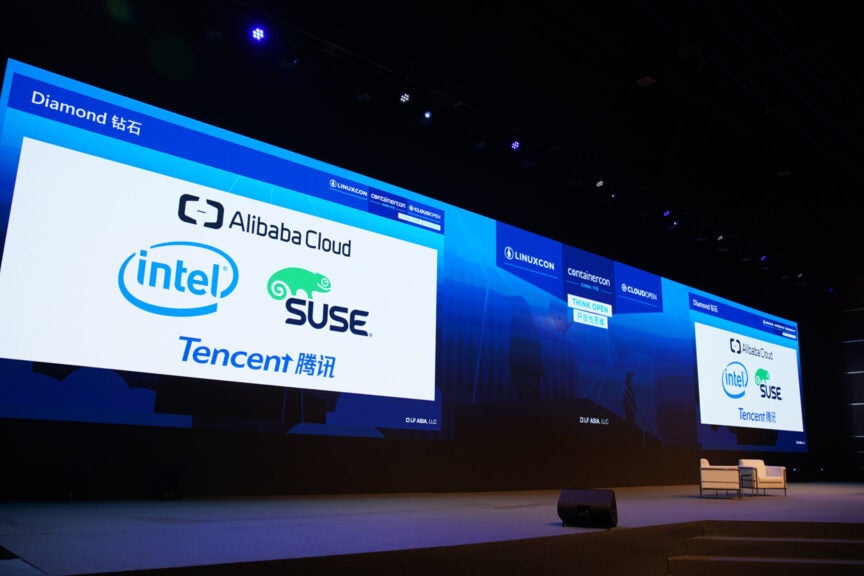Cloud server or dedicated server? Which option is best for your business? If your company is looking to upgrade, there are a few things to consider before “pulling the plug” and making a decision. It is best to look at the following three factors when deciding on the best type of server: use case, business needs, and budget.
Cloud vs. Dedicated
Let’s take a closer look at both types of servers and what they are. A cloud server operates solely in a cloud computing environment and is completely virtual. There are many perks to using a cloud server, which includes immense scalability (referring to how well it responds to changes without causing performance issues), instant virtual resources, no hardware investments, almost-instant server deployments and pay-as-you-go billing, just to name a few.
A dedicated server is used by a single client and is a physical device set up at a data center (on-site or third-party facility). They require actual hardware (CPUs, RAM, hard drives, etc.) to operate and don’t use virtualization, unlike cloud servers. When they are set up and configured, they are completely accessible.
A nice perk is that you do not share resources with other users, as you would with a cloud server. Many people prefer dedicated servers for this feature alone, as it increases security, making it one of the fastest and safest options available. Some other perks of using a dedicated server are that you have complete autonomy to customize configurations, loading times are consistently fast, uptime levels are higher, etc.
Similarities
While there are some differences between the two, there are also some similarities that make them both very reliable and high performing options. They are different regarding infrastructure, but they both perform the same types of functions including:
- Store information
- Process requests
- Receive requests for the stored information
- Return information back to the user
Both rely on similar backend tools and can support any service or app you want to host, which provides faster response times, greater app resiliency, etc. If both managed correctly, either can be great options. Neither option causes lags in performance during high traffic times and both process information faster than a shared or VPS host.
Deciding Factors
Still on the fence about which one to choose? Consider these six factors to help in the decision-making process:
- Budget
- Current in-house team’s skill level
- Uptime and performance requirements
- Current toolchain and apps
- Business plans, objectives, and goals
- Scalability requirements
Once you’ve looked at these factors and established your parameters, you will have a better understanding of what option will best suit your company’s needs.
Cloud servers work best for the following:
- Email servers
- E-commerce sites with seasonal traffic surges
- Small business apps with unpredictable usage levels
- IaaS, PaaS, SaaS offerings
- Apps requiring rapid server deployments
- Systems that need uninterrupted hosting
- Businesses and startups with little to no on-site IT team members
Dedicated servers work best for the following:
- Systems with sensitive data
- Large websites with a large user base and heavy traffic
- Apps requiring high CPU processing, RAM, and disk space
- Reliable apps that don’t see usage spikes
- Companies with on-site IT teams
Choosing to upgrade your server is a major investment decision for your company, and one that shouldn’t be taken lightly. If you have any questions or need some advice on what the best server option is for your company, you can contact Entre Technology Services—we’d love to help!
https://www.entremt.com/cloud-server-or-dedicated-server/






